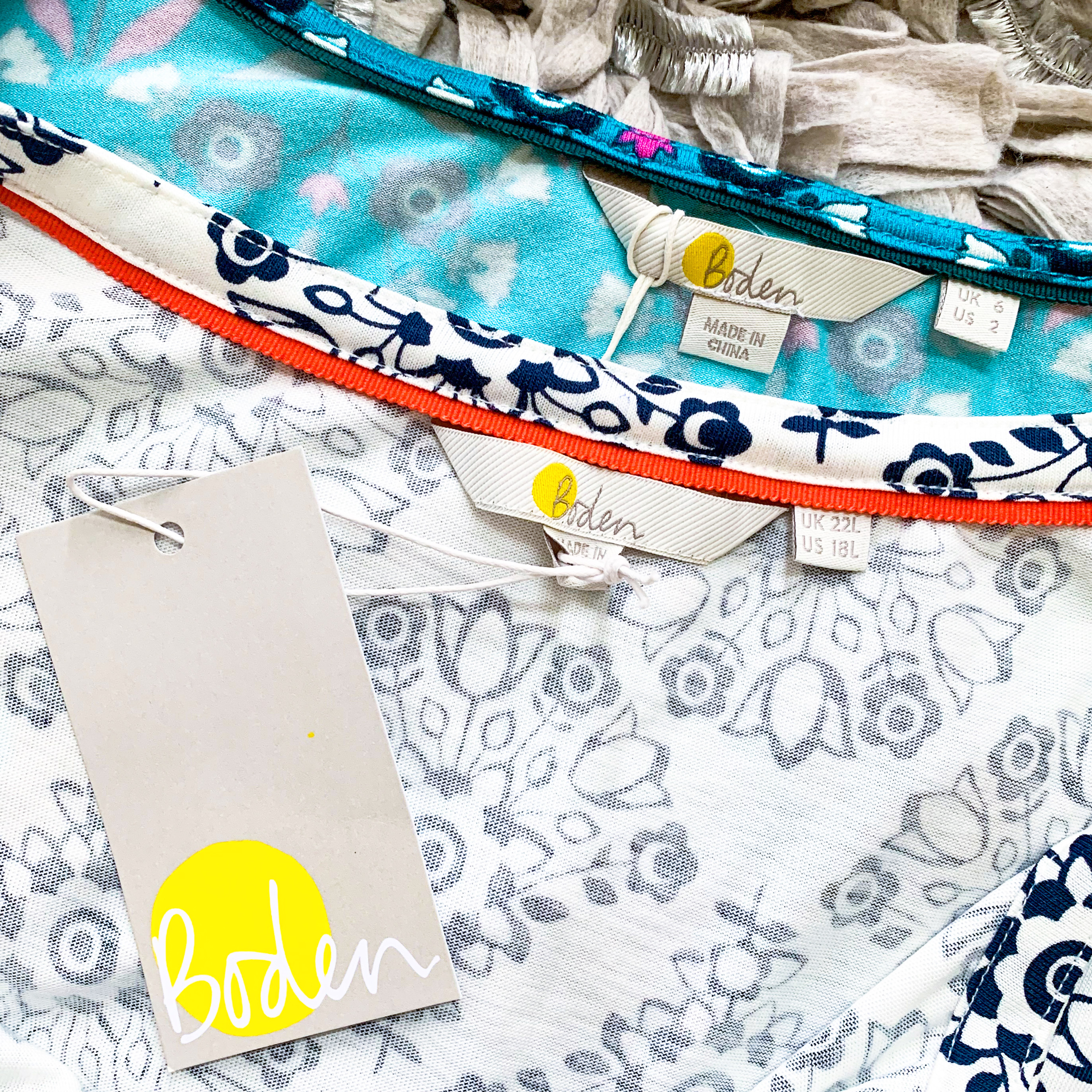
When it comes to my business, there is not a single day that goes by that I am not researching something. The resale world is constantly changing and as a reseller, I have to adapt to those changes in order to succeed long term. As much as I wish that reselling was a passive job, it requires a lot more behind-the-scenes work than most people realize. And that behind-the-scenes work comes in the form of…. you guessed it…. research. Today, I wanted to provide you with a simple (yet detailed) checklist of 3 main areas of research that you need to consider as a reseller.
Area #1: Brand Research
This is an area of research that many resellers already spend their time doing. Brand research is important for so many reasons. The biggest benefit is that it allows resellers to become familiar with various retail brands. The more familiar that a reseller is with these brands, the easier sourcing is. But brand research goes beyond just knowing the brand. It allows resellers to make better buying decisions and also, helps them to learn which brands are best for their specific customer base.
There are a few different ways that a reseller can conduct brand research. First, a reseller can scroll through online department stores and/or large marketplace websites and learn which brands are carried within these retail platforms. Examples include sites like Macy’s, REVOLVE, ASOS, and even sites like Anthropologie where multiple brands are carried within the site. Second, a reseller can do some online searching on Google and learn different brands by category. I use this technique quite a bit to familiarize myself with on-the-rise companies, athletic wear, swimwear, and even international brands. Finally, you can use social media platforms to familiarize yourself with new brands. Personally, I’m not a big fan of this method because once a brand in the reselling community starts getting social media attention, it increases the competition for that brand and as a result, it becomes oversaturated in the marketplace.
Area #2: Item Research
Many resellers know what “running comps” means but it seems as though many are not doing to properly. What do I mean by that? I mean that many resellers are only completing the first few steps and completely bypassing the last few. With that being said, running proper item comp research involves multiple steps. First, we need to start with gathering the basics of the item and running comps within a singular platform. For example, a reseller should locate that item within their reselling platform and see if other resellers are selling the same item. If so, what condition is it in and is it in the same size as yours? How much do they have it priced for? Have any items sold? And if so, how much did the same item sell for? When did it sell- was it recently or a while ago?
Once we’ve answered all of those questions, we should have a pretty good idea of what the item is actually worth. Then, if a reseller cross-lists items to other reselling platforms, that also needs to be thrown into the equation. An item may have a certain market value on one platform and a completely different market value on another. A reseller may then need to repeat the steps above and set a new price keeping that in mind.
If that wasn’t already confusing enough, resellers also need to pay attention to marketplace saturation. This refers to the unpleasant phenomenon when there are multiple people listing the exact same item, in the exact same condition for around the exact same overall price. Before a reseller buys anything (especially Free People and Anthropologie items), it is important to run a quick search ahead of time avoid this.
Area #3: Retail and Industry Research
This area is the most overlooked when it comes to reselling. As a business owner, it is very important to be familiar with current events within your respective industry. Being a reseller does not start and stop within reselling apps, instead it extends beyond it. There are 2 major reasons why a reseller should be familiar with retail and industry events: (1) It allows for a reseller to be familiar with current and upcoming trends in the industry and (2) It helps you to better plan and prepare for future business decisions. Let’s talk about that for a minute.
I’m going to use fashion as an example since that is the industry that I am most familiar with. When it comes to the fashion world, each season has new trends. These trends are established at fashion shows. Therefore, as a reseller, I want to know not only what is trending on the reselling platform, but also what is trending in the fashion industry. By gaining that knowledge, I can make better buying decisions as it gets closer to that respective fashion season. Similarly, by knowing what is happening in the fashion scene globally, I can better prepare myself for future buying seasons. For example, the CoVid-19 has placed a major halt in fashion production chains around the world. As a result, inventory is not being produced for the upcoming fashion seasons. If this inventory is not produced, then it is not being sent to retailers, which in turn means that it cannot be accessed by consumers. Being aware of this dilemma should guide a reseller in making appropriate business decisions in the future.
If you don’t already, be sure to check out my Instagram for more Reselling Tips at @ RecycledRosesGuide (Click HERE)
To get email notifications for my next blog post and to receive a Reseller Recap Every Friday, sign up for my emails below:
Baci,
Bianca Ida



Leave a Reply